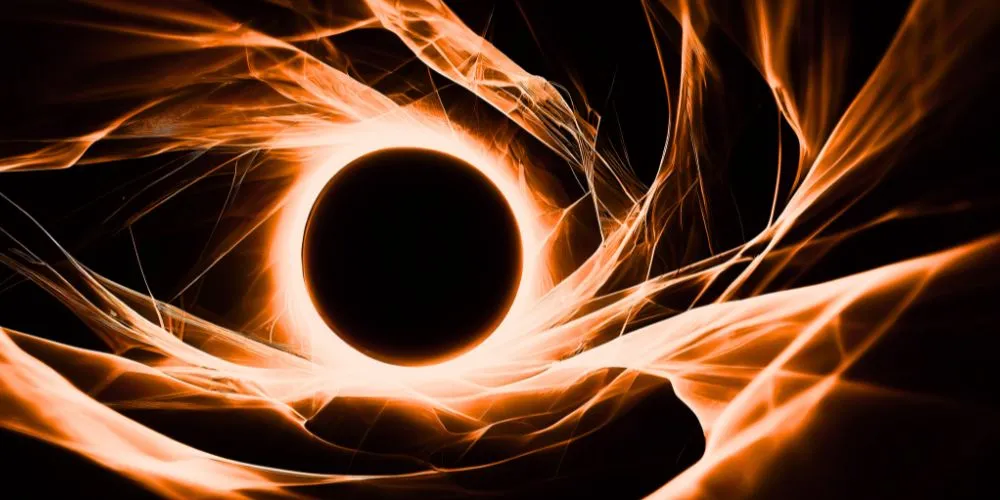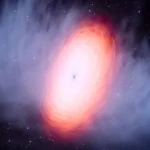Key Points
- Microscopic primordial black holes are tiny but dense black holes that pass through the solar system once a decade and could explain dark matter.
- A close encounter with a black hole could cause a small shift in Mars’ orbit, which modern instruments can detect.
- This research supports the theory that primordial black holes could consist of dark matter formed shortly after the Big Bang.
- MIT physicists are collaborating to simulate more objects and improve detection methods.
In a recent study, MIT physicists propose that microscopic primordial black holes, a potential source of dark matter, may pass through the solar system about once every decade. These black holes, which could have formed shortly after the Big Bang, might be tiny but incredibly dense, similar in mass to large asteroids. The researchers believe that if such a black hole flies near Mars, it could cause a detectable wobble in the planet’s orbit.
This wobble, while incredibly small—about one meter over several years—could be picked up by today’s precision instruments monitoring Mars. Detecting such a shift could provide crucial evidence supporting the theory that primordial black holes comprise a significant portion of dark matter.
Led by MIT physics professor David Kaiser, the study used simulations to predict the effects of a primordial black hole passing through the solar system. Although Earth and the Moon would be too uncertain to show clear effects, Mars was identified as a prime candidate for detecting the phenomenon. The team found that a close flyby of a black hole near Mars could lead to measurable changes in the planet’s orbit.
The concept of primordial black holes has gained traction in recent years as traditional particle-based searches for dark matter have yielded limited results. If detected, these black holes could help explain the nature of dark matter, which makes up around 80% of the universe’s matter but remains invisible.
The team is now looking to collaborate with experts who can simulate several solar system objects to refine their predictions and distinguish potential black hole signals from regular space debris. While searching for a definitive signal will require luck and further research, this study offers a novel approach to understanding the elusive nature of dark matter.












